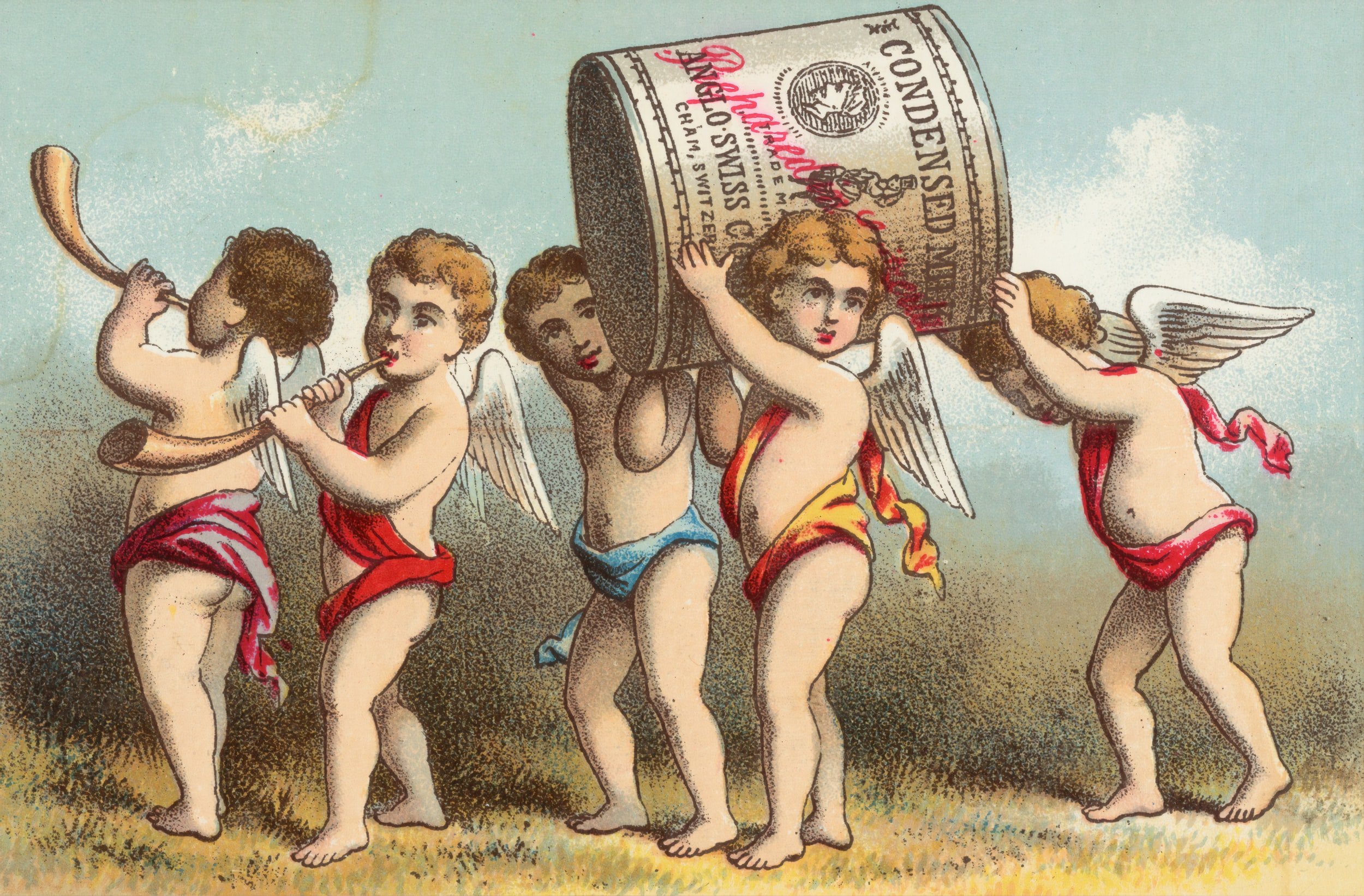Human Performance
Image courtesy of @davisuko
Please don’t mind all the synesthesia, but in November I felt like the Chicago Bulls. Things weren’t going tremendously well — I was still a neurotic, snarky literary person that made far too many allusions to sports my people consider strange violence — but I was on an upward trajectory. I was running every other day. I was grimacing regularly at the weight of the dumbbells under my wrists. I was reading Franzen. Three very different human beings were reading two different manuscripts with my name on them, with the intention of getting them sold. All I had to do was believe things were inevitable. I’d make it to New York if I wanted to, and I’d attend book readings and indie movie screenings and off-Broadway shows with kids from across the racial, gender and cultural spectrum, and one day I’d thank my big brother for literally everything with season tickets to the Knicks. It most likely would not be on my terms entirely, and there’d be a lot of terrible basketball — but it was mine if I wanted it.
If I were to compare it to anything, I’d liken getting a manuscript request from a literary agent to getting on base against the Los Angeles Dodgers. Homers are extremely rare, but runs are simply elusive. When you’ve been spraying fiction around for all of your adult life, rejection becomes easy to digest. Sanity for a writer is the ability to sustain anyone else’s interest in your observations and fantasies, for (honestly) any amount of time. But sometimes there are moments that particular baseball starts to fly a little higher, and you can almost see it, taste it finally: the bookstore with the charming dog; the Wilco acoustic set in a candle-lit bar; the NPR interview with Terry Gross; and then reality snatches the ball and hoists it perfectly back towards home base.
The first thing you think to yourself is who the hell did I think I was, because you’ve likely spent months inside the delusion. Writing it, packaging it, excited to tell the world about it all. The older you get, the more you start to believe you’re wasting everybody’s time — or what’s left of your soul — with all these notions for bestsellers. You could, instead, try your hand at loving another person. Adopting a dog. Settling down and finding peace in the idea that the book readings, the indie movie screenings, the Wilco sets, the off-Broadway shows, and the Knicks will have to persist somehow in your room, on your laptop.
There are no literary magazines, no literary agents, and therefore no publishers of commercial fiction in my country. The nearest Penguin Random House, in Johannesburg, gives one the distinct impression that it exists to serve South African readers. Go ahead and imagine now, how far across the planet I must fling my stories.
Caster of Worthless Spells
Image courtesy of @tegethoff
In February I found solace in the idea that maybe I’d just miscalculated something, that there were adjustments I could make. I contemplated an existence without fiction for the first time in a full decade. I applied for creative jobs in far-off lands, shot a pitchdeck around sans working prototype, and I populated this website with more and more evidence that I am able to track the process of losing my mind. (Recruiters, of course, love this in a job candidate.)
In March, this hiatus brought me to the realisation that you can’t plot a way into the world’s biggest media, publishing and advertising markets without pulling off the utterly spectacular.
Ad school remains ridiculously expensive. A slightly above average creative person from Central Africa, certainly from my country, doesn’t get to contest the top jobs at world-conquering advertising agencies. It doesn’t help that political, cultural and religious restrictions get in the way of crafting genuinely big ideas — even if you do happen to service multinational clients here and there. Without an impressive academic background, or an impressive social media presence (which you don’t have because you’re too busy writing), you don’t get to write the sorts of novels you’d order on a whim.
If it’s proven that you don’t actually suck — I’m willing to presume that I, in fact, do? — Barack Obama once said you’re going to have to be a pretty spectacular black person. He was talking to Americans. If he’d addressed millennial Africans, and the matter of our distance from the media markets that have made us who we are, he might have said: You cats are gonna have to be otherworldly.
Careers In Combat
Image courtesy of @bostonpubliclibrary
I think the algorithm put this nice gentleman on my feed for the amount of time I now spend listening to New Yorkers complain about their sports teams. I’ve always known that making it somehow to the capital of multimedia, essentially the Mecca of what I do for a living, would be difficult. That I’d basically need to sell a book for tons of money to make it there. Even then I’ve always presumed that I’d still have to work a second job at a Starbucks, for being a young black man without a world-class Arts degree. Which would be fine, ‘cause I quite liked the aroma of being inside one, that time in DC.
But then I stopped writing. I asked myself one evening why I let the publishing world kick my ass right after clients spend all day kicking my ass, and I said hey: at least I get paid enough to afford books, sports merchandise, and to spend some of my weekends playing Madden. Maybe this it, and maybe it’s not so bad.
But if it takes a certain level of education to compete for ad jobs, to know when and when not to deploy a semi-colon in a literary novel, how many Africans actually have access to that knowledge? How do we keep Twitter and Tik-Tok and Instagram from telling a new generation of creative talent that it’s foolish to shoot weird movies, write difficult novels, record peculiar music? How do we keep American innovation from happening to us all the time, without any say whatsoever in what happens after? Then there’s gentrification, and what it does to a city like New York.
Watching this video, I gather that small businesses are reeling from the past two years. The sorts of establishments TV and film directors shot to present New York as this place the little guy goes not necessarily to succeed, but to be seen. This appeared to be the trade-off: poor people and immigrants served the rich, in exchange for the tangible and intangible benefits of living in a cultural melting pot. The fleeting warmth of a neighbourhood bodega, the occasional kick-ass audition, the occasional ass-kicked audition, Ethiopian and Nigerian and Thai and Vietnamese food, and nosebleed tickets to the Knicks. Big tech postures like it can reduce the inequality gap, and then proceeds to widen it. Out go the exotic restaurants in shoebox corners of the old city, the nostalgic delis with the street-smart branding, and the immigrant-run taxi companies; in come DoorDash, Amazon, Uber — different threats than Starbucks and Barnes & Noble were in the 90s, because back then you still needed actual people to man actual tills.
I’ve always wanted to live in a city with a use for my addiction to information. If tech continues to obliterate all the classic side-gigs, then the implicit transaction a place like New York has built its brand on is under serious threat. Tech companies kill some jobs but they also create new ones. Those new jobs command impressive salaries, which then sanction the erection of modern apartment buildings, which then crush the working class under their weight, which then shuts out the strivers that used to wander in with a hoodie, a dream, and a hook.
Instant Disassembly
Image courtesy of @ymoran
The tech companies create ‘solutions’ that go on to determine what kind of cultural progress the rest of the world makes. Access to information and misinformation alike swings elections, and then democracies. Whether an ad gets nominated for a Clio, closer to home, is now dependent on how much traction it makes on social media networks founded in California.
There is no African Netflix, save for streaming sites’ efforts to section African content. There is no messaging service offering to safeguard our privacy in a house next door, as opposed to a house overseas. There isn’t even a cross-border retail service to expand the available market for small African businesses; and so our ‘middle’ class painfully converts its currency for dollarised goods, and (increasingly) to facilitate third-party Amazon shipments. All I ever hear about is how overseas venture capital is willing to fund one FinTech operation, and then another — but to enable payments for which products and services exactly, if I’m still braving it to my local Pick N Pay for groceries? To benefit which disposable income in a country like Zambia, where unemployment remains rife?
I don’t think it behooves anyone — not even you, David Droga! — to read this treatise and go, “Somebody should give that guy a break,” before resuming an assessment of their investment portfolio. But I’d love for even one African creative to maybe reconsider what’s at stake, beyond just getting to make cool shit and amassing views for it. Because it feels like the structure of the global market, and with it that of the global creative industry, wants us to stay comfortable with what we have: to keep telling monolithic stories, and to subsist within the cages of intellectual isolationism. We must, therefore, resist.
Maybe we’re supposed to keep wanting more, no matter how disappointing, how pointless, how futile an exercise wanting more turns out to be. Maybe we’re supposed to want to hang out at the centre of the universe some time, and just be there when people make the decisions that affect the course of civilisation. Or even just its mood-board.




